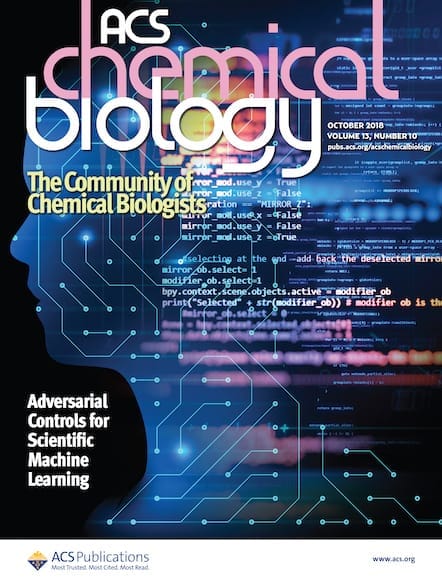In 2016, an estimated 36.7 million people around the world were living with HIV, the virus that causes AIDS. Even though scientists only identified the virus in 1984, more than 35 million people have died of the disease, making it one of the most destructive pandemics in history. Nearly 35 years after the discovery of […]

In 2016, an estimated 36.7 million people around the world were living with HIV, the virus that causes AIDS. Even though scientists only identified the virus in 1984, more than 35 million people have died of the disease, making it one of the most destructive pandemics in history. Nearly 35 years after the discovery of HIV/AIDS, the Centers for Disease Control and Prevention (CDC) estimates that 1 million people die from AIDS-related illnesses each year, and 1.8 million people become newly infected with HIV annually.
But research is still ongoing to understand the virus and to develop HIV treatments and vaccines. The CDC estimates that 19.5 million people around the world are receiving antiretroviral therapy for their HIV infections. In recognition of World AIDS Day, ACS Chemical Biology, ACS Combinatorial Science, ACS Infectious Diseases, ACS Medicinal Chemistry Letters, ACS Synthetic Biology, Biochemistry, Bioconjugate Chemistry, Journal of Medicinal Chemistry, and Molecular Pharmaceutics are coming together to highlight recent articles on advances in HIV research made by our ACS Authors around the world. The Virtual Issue “Fighting HIV With Chemistry” contains 25 papers on groundbreaking HIV research.
To learn more about these critical advances, listen to the accompanying ACS webinar featuring Dennis C. Liotta, the Associate Director of The Emory Center for AIDS Research, co-inventor of Emtricitabine, and Editor-in-Chief of ACS Medicinal Chemistry Letters. In the U.S., 90% of all of the HIV-infected persons take or have taken one of the drugs he invented. The webinar also features Nicholas A. Meanwell, who leads the antiviral chemistry group at Bristol-Myers Squibb and has published dozens of papers in ACS journals. Topics covered in the webinar include the challenges involved in bringing an HIV drugs to market, strategies for building teams of researchers with complementary skill sets, and how innovative chemistry can enable small groups of dedicated scientists to compete with rivals that have substantially more resources and personnel.
